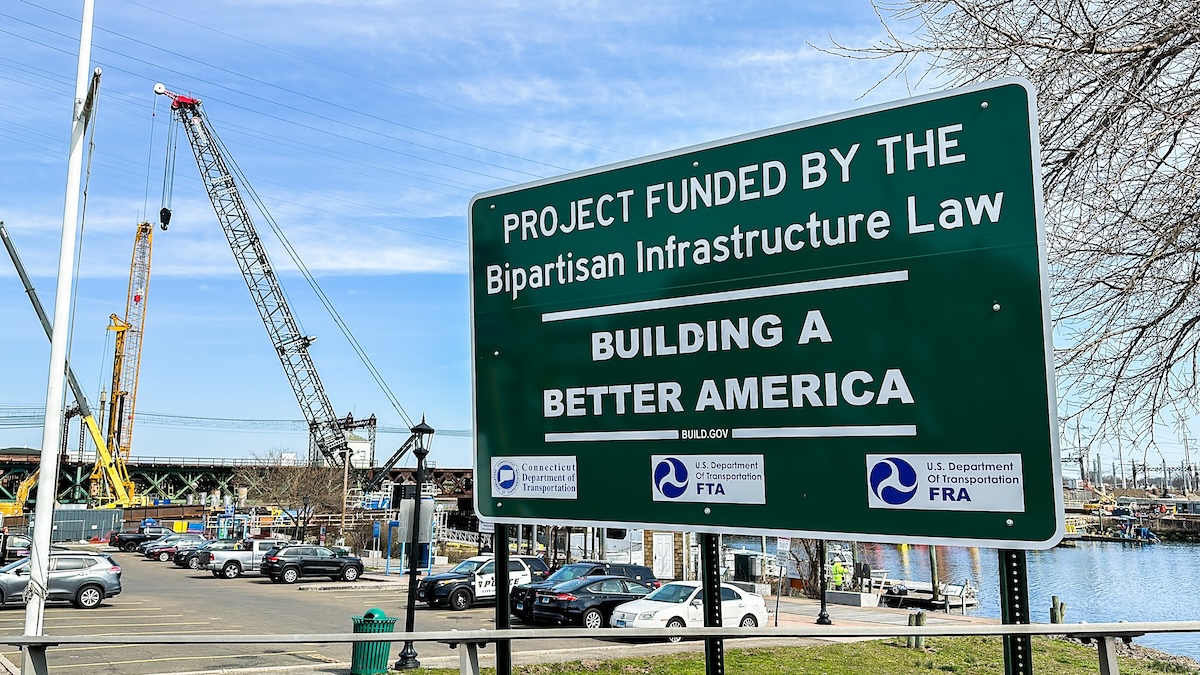 Read more: See here
Read more: See hereAccording to Experian , the average American's debt is $104,215 including credit cards, mortgages, auto loans, and student loans. If budgeting feels dreadful and boring, you're not alone—but it doesn't have to stay that way. A few simple shifts in how to budget better can turn it into a tool that empowers your financial goals. Here's how to get a head start and take control this year:
Time is your most valuable resource. Dedicate two hours per month to reviewing and adjusting your budget. Use this time to tackle small wins, like automating bills or paying down a specific debt. A consistent schedule makes budgeting manageable.
Right now, schedule a recurring meeting on your calendar for the same time every month and make it non-negotiable. If you the CEO of your company asked you to meet, it's unlikely you would ignore or cancel it. The same level of respect and urgency should also be applied to your budget, with you as the CEO.
My husband and I have consistently budgeted the first Sunday of every month since 2016. I credit this recurring meeting as the main reason we were able to pay off $300,000 of debt in three years and reach early retirement.
Let your friends and family know you are booked and busy during that time. One of my client even has a chalkboard sign on her office door that says, "Busy Budgeting."
Instead of mapping out every financial scenario for the next year, zoom in on the upcoming month. Choose one area—like food or travel—to optimize. Tackle finances month by month and decide what needs more attention for the next thirty days to avoid overwhelm.
Budgeting is not about being flawless. Even with a few missteps, consistent budgeting will guide you to debt freedom. Many of my clients gave up on budgeting at first because something unexpected happened to them like a surprise expense or one bad day of undisciplined spending.














